Prepping is all about being ready for any situation, but sometimes mistakes can lead to wasted money. Here are 14 red flags to watch out for so you can avoid costly errors and stay on track with your preparedness goals.
1. Buying Cheap, Low-Quality Gear
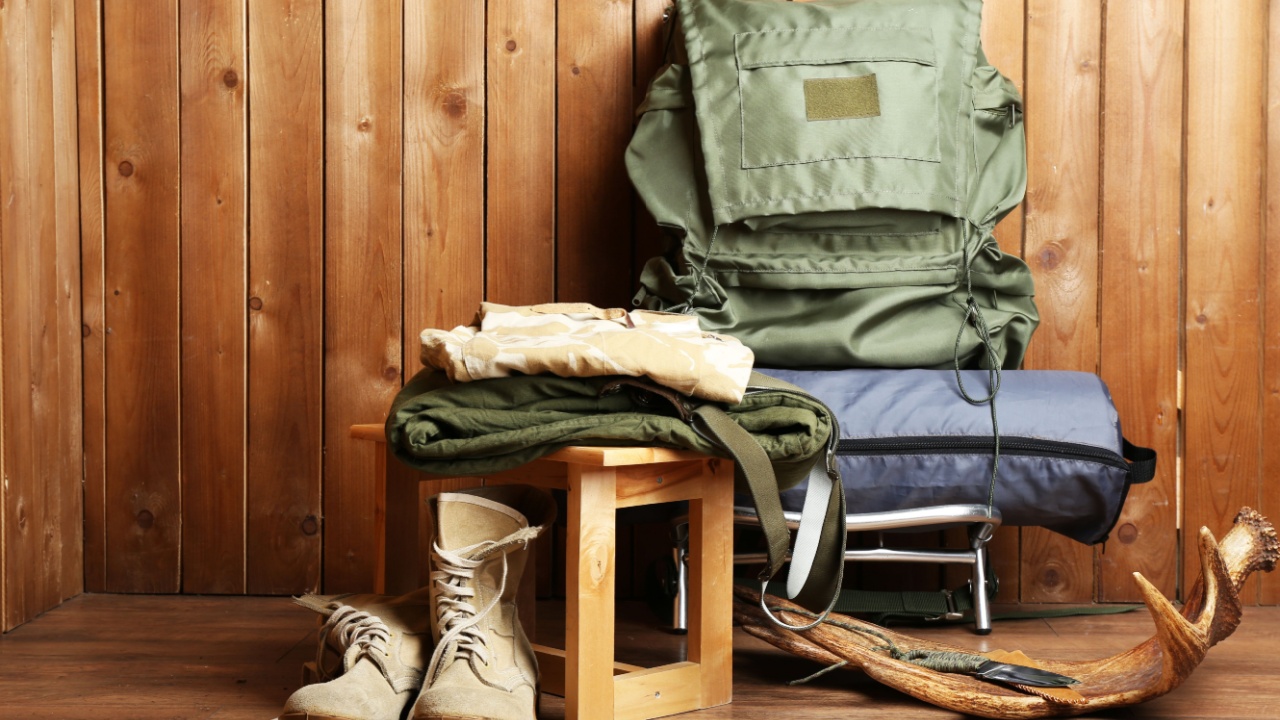
Cheap gear might save you money upfront, but it often breaks easily. Investing in high-quality items ensures they last longer and perform better when you need them most. Look for trusted brands and read reviews before making a purchase. Quality gear can also save you money in the long run by reducing the need for frequent replacements.
2. Stockpiling Without a Plan

Buying supplies without a clear plan can lead to unnecessary purchases. Make a list of essential items and stick to it. This helps you avoid buying things you don’t need and ensures you have what’s truly important. A well-thought-out plan also helps you prioritize your spending on the most critical items.
3. Ignoring Expiration Dates

Food and medical supplies have expiration dates. Ignoring these dates can result in wasted money when items go bad. Regularly check and rotate your stock to keep everything fresh and usable. Proper rotation ensures that you use items before they expire, minimizing waste.
4. Overlooking Skills Training

Having supplies is great, but knowing how to use them is crucial. Investing in skills training, like first aid or gardening, can save you money in the long run. Skills are assets that don’t expire and can be used in various situations. Practical knowledge can also reduce your reliance on buying specialized services.
5. Not Testing Your Equipment
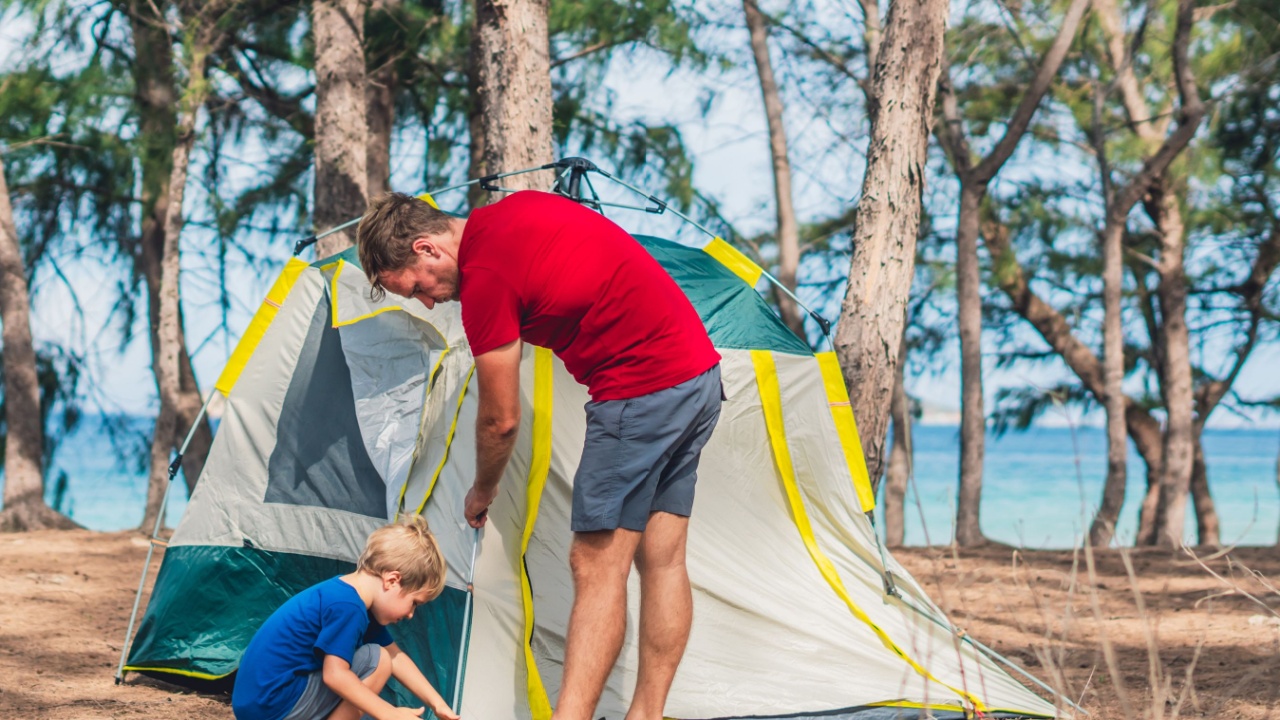
New gear should be tested before an emergency. If you don’t test your equipment, you might find out it doesn’t work when you need it most. Testing ensures everything is in working order and helps you understand how to use it properly. Regular checks can also help you identify and fix issues early.
6. Falling for Gimmicks

Some products are marketed as essential but are actually gimmicks. Be wary of items that seem too good to be true. Research and read reviews to avoid wasting money on unnecessary gadgets. Focus on proven, practical items that have real-world applications.
7. Focusing Only on One Type of Disaster

Preparing for just one type of disaster can leave you vulnerable to others. Diversify your preparations to cover a range of scenarios. This makes your prepping more versatile and cost-effective. A well-rounded approach ensures you’re ready for multiple potential threats.
8. Neglecting Physical Fitness

Good health is crucial in a crisis. Neglecting your physical fitness can lead to higher medical costs and reduced effectiveness in emergencies. Regular exercise keeps you fit and ready for action. Staying fit can also improve your mental resilience in stressful situations.
9. Buying in Bulk Without Storage
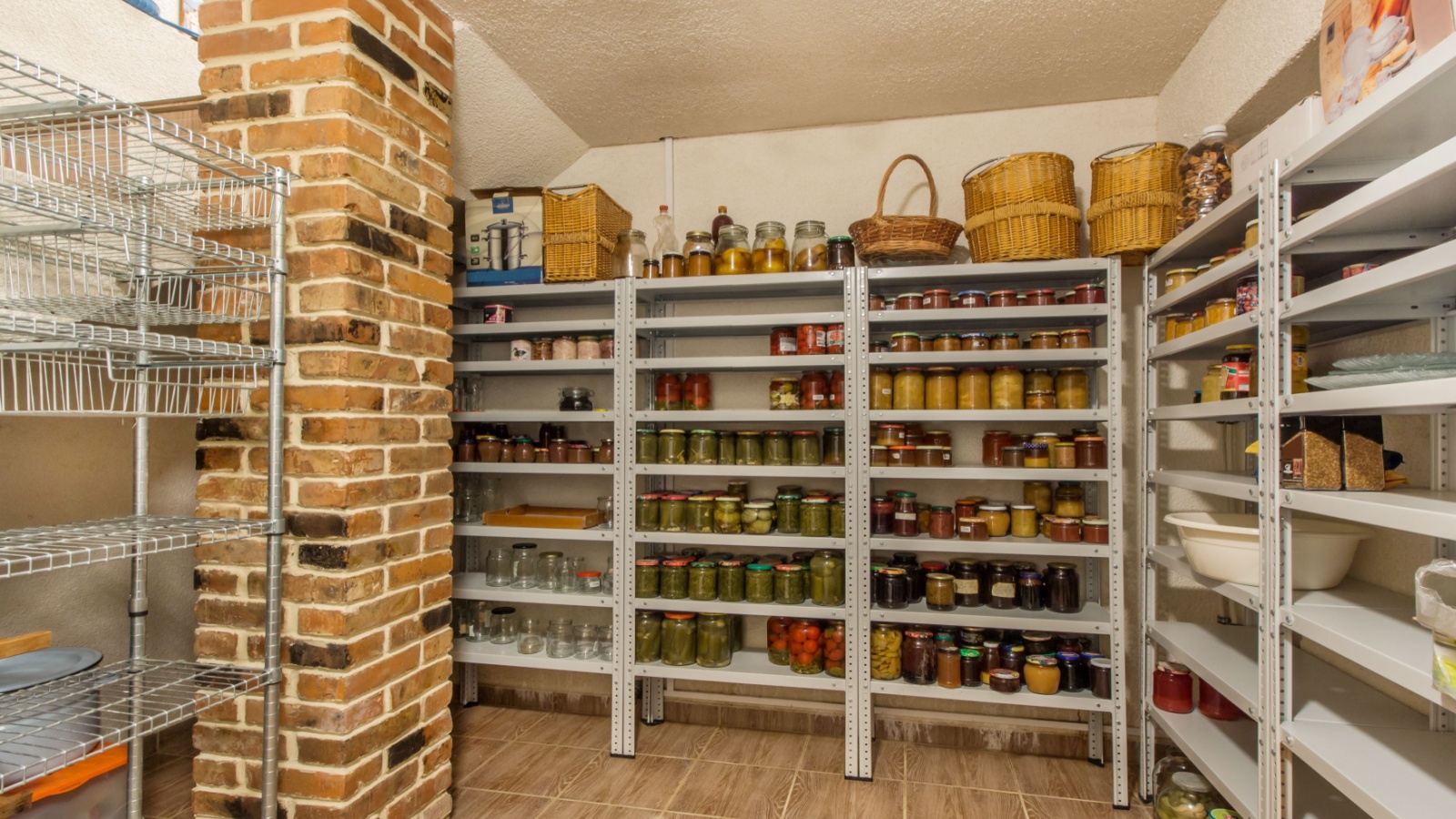
Buying in bulk can save money, but only if you have proper storage. Without adequate storage, items can spoil or become damaged. Ensure you have a safe place to store bulk purchases. Proper storage conditions can extend the shelf life of your supplies.
10. Ignoring Community Resources

Sometimes, community resources can provide what you need at no cost. Ignoring these resources can lead to unnecessary spending. Get involved in local prepper groups or community programs to share knowledge and resources. Networking can also provide support and additional resources during emergencies.
11. Not Keeping an Inventory
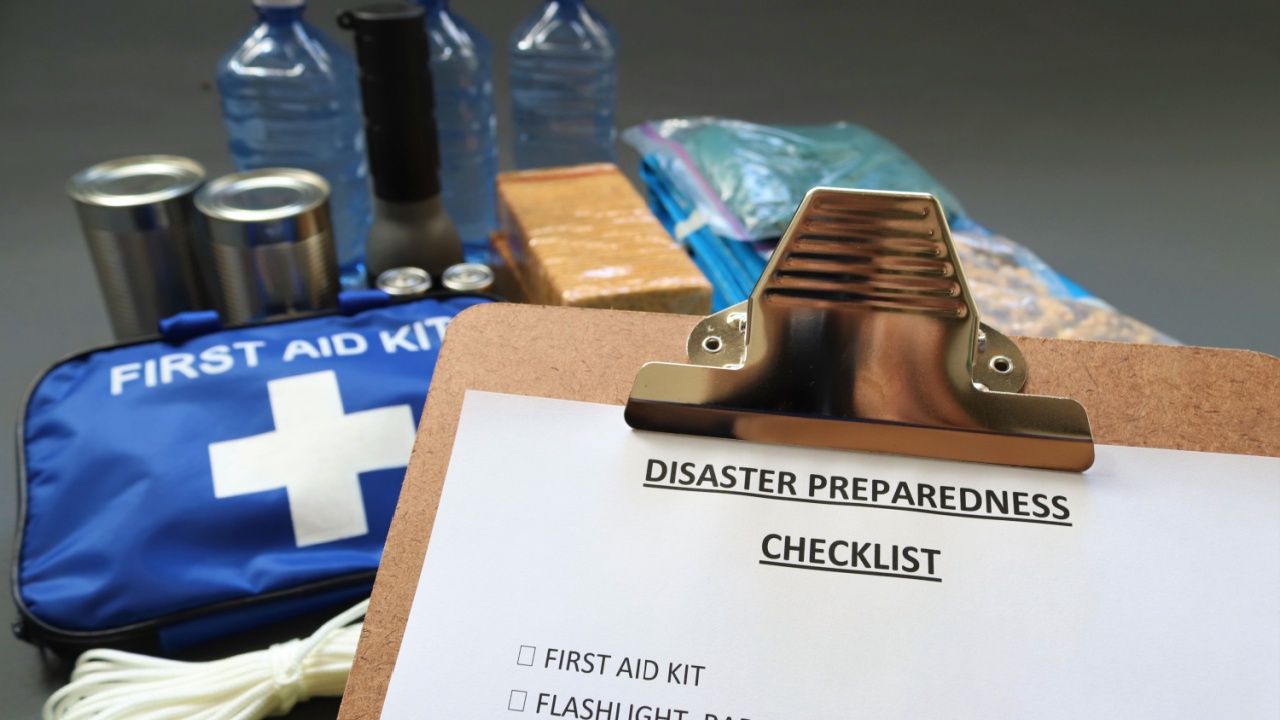
Without an inventory, you might buy duplicates or miss essential items. Keeping a detailed list of your supplies helps you track what you have and what you need. This prevents wasteful spending and ensures you’re fully prepared. An inventory also helps you manage your stock more efficiently.
12. Failing to Budget

Prepping can get expensive if you don’t set a budget. Failing to budget can lead to overspending and financial strain. Plan your purchases and stick to a budget to manage your expenses effectively. A budget helps you allocate funds to the most important areas first.
13. Overlooking DIY Solutions
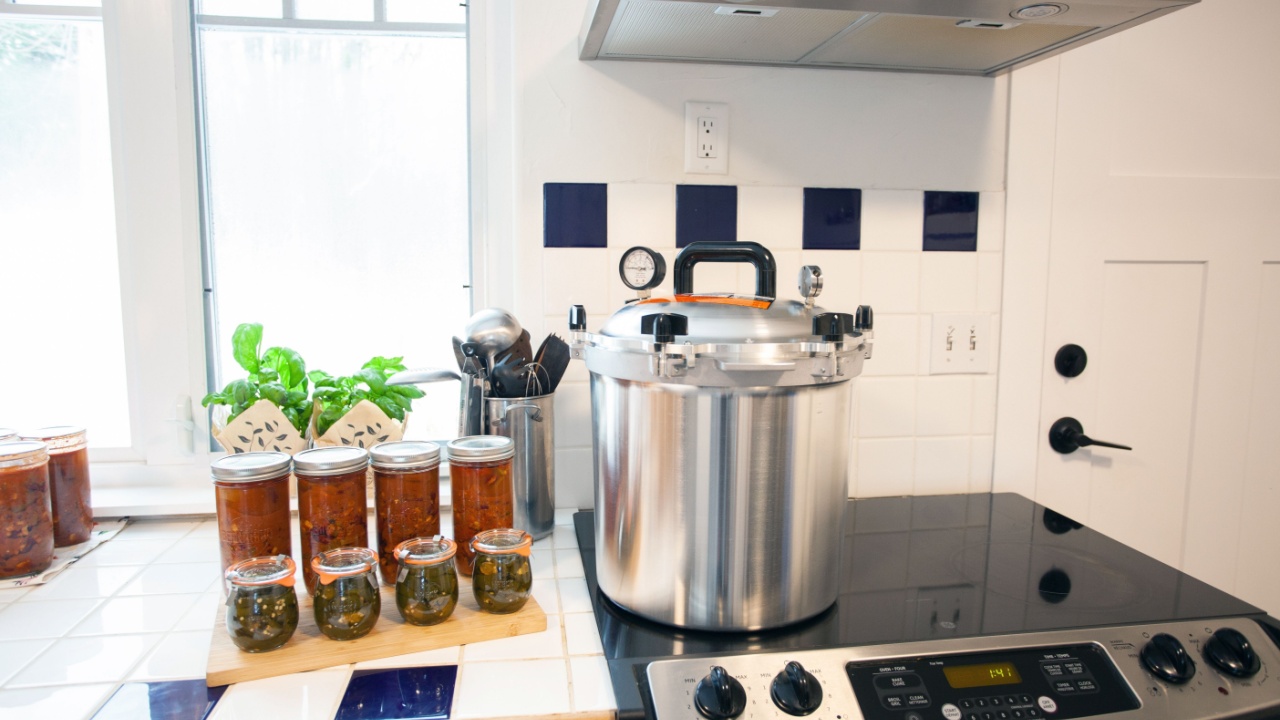
Some prepping solutions can be made at home for less money. Overlooking DIY options can result in higher costs. Research and try making your own supplies, like canned food or homemade first aid kits. DIY projects can also teach you valuable skills and increase self-sufficiency.
14. Not Learning from Mistakes

Everyone makes mistakes, but failing to learn from them can be costly. Reflect on past errors and adjust your strategy accordingly. Learning from mistakes helps you become a more efficient and cost-effective prepper. Continuous improvement ensures that you’re better prepared for future challenges.
20 Crucial Supplies for Surviving a Societal Collapse

In the face of uncertainty, being well-prepared gives you at least some degree of control and security. The thought of a societal collapse, while extreme, prompts us to consider how we might endure without the conveniences of our current lifestyle. Here’s a list of 20 essential items that could prove indispensable in such a scenario. This guide isn’t about succumbing to fear but embracing preparedness and resilience.
14 Essential Canned Goods for Your Emergency Pantry
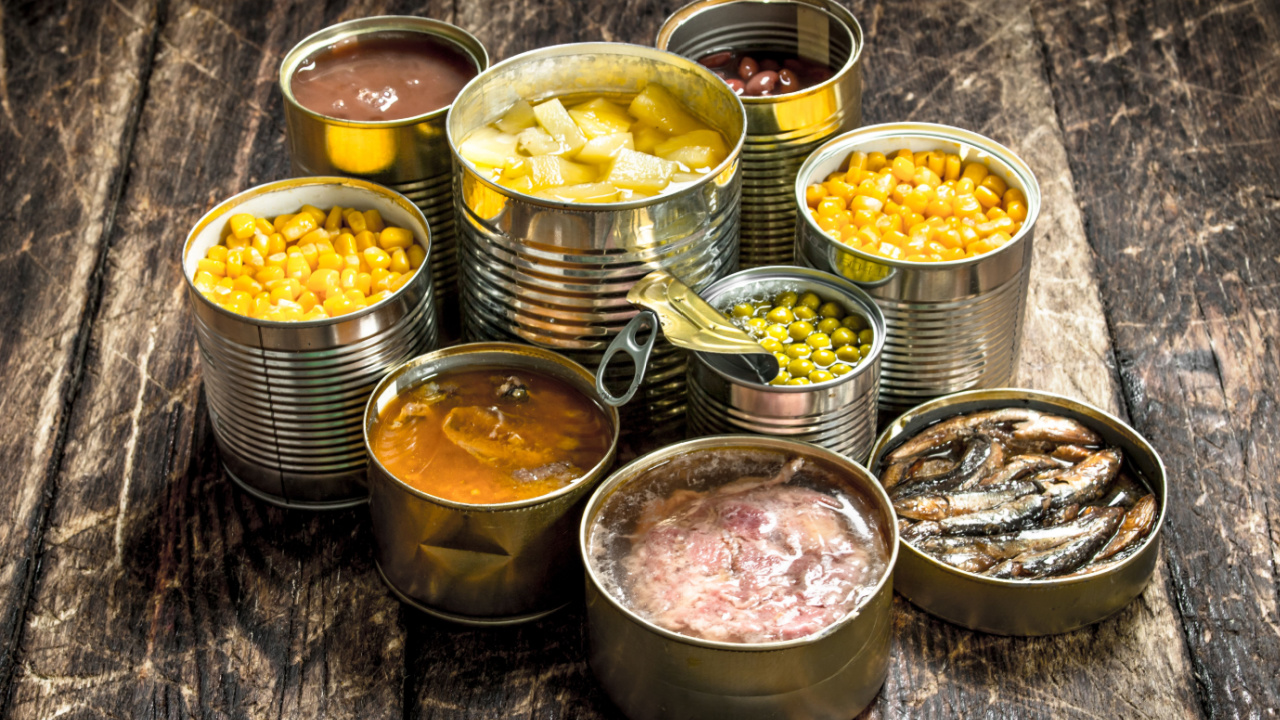
I firmly believe in keeping a well-stocked emergency pantry. While fresh food is ideal, in a survival situation, we may not be that lucky. So, for my family, even though we grow a lot of our own food, canned goods play a crucial role in emergency preparedness. They offer a reliable source of nutrition when access to fresh produce may be limited. The goods you stockpile should be affordable, easy to store, and full of nutrition.
Best Regions in the U.S. to Escape to When Society Collapses

Choosing a refuge in the event of societal collapse involves weighing the pros and cons of each location against your personal preparedness goals and abilities. Whether you’re drawn to the solitude of the desert or the protective heights of the mountains, the key is finding a place that offers safety and the opportunity for growth and renewal.

